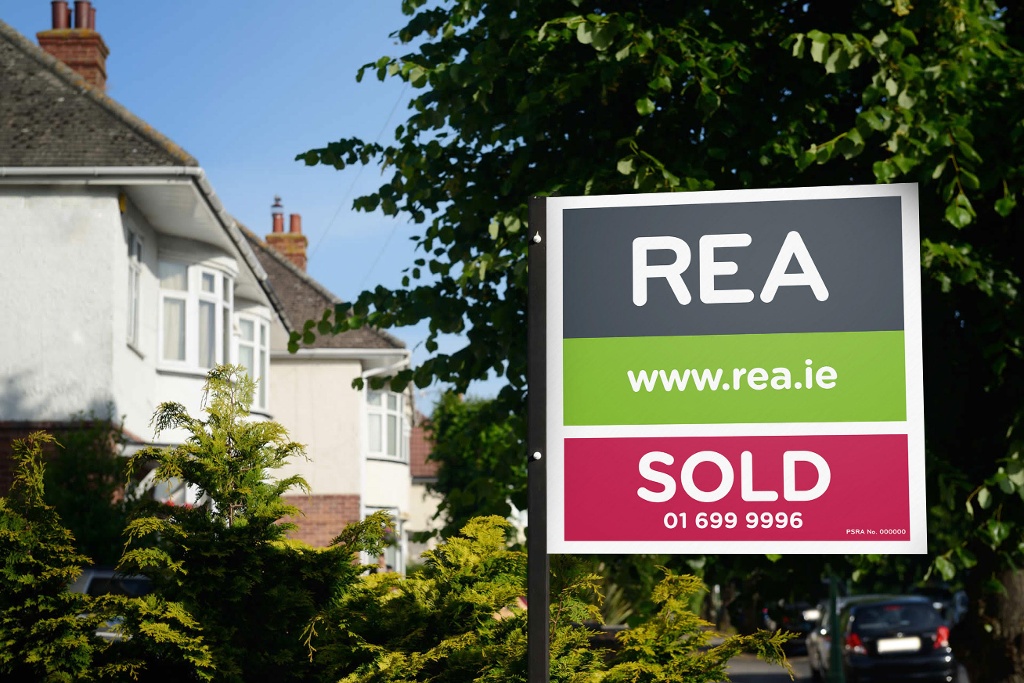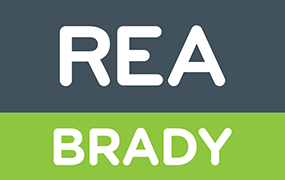
The price of an average three bedroom semi has risen by just 1.32% nationwide in the first three months of 2015, with prices dropping by over -6% in one area of Dublin, according to the latest national survey carried out by Real Estate Alliance.
And the uneconomical cost of building new homes represents a major threat to the health of a property market that has only recently returned to normality, according to REA.
The Real Estate Alliance Average house index concentrates on Ireland's typical stock home, the three-bed semi, giving an accurate up-to-date picture of the property market in towns and cities countrywide.
The average semi-detached house nationally, including Dublin, now costs €187,153 – a rise of 16.23% over the past 12 months.
However, the average house has risen by just 1.32%, or €7,005 over the December 2014 figure of €184,713 – and the lack of a supply of suitable housing is a feature of the market across the country.
“There is an acute lack of supply of three-bedroom family homes because it is still not financially viable in many areas for builders to construct homes and make a profit,” said REA Chief Executive Philip Farrell.
“In areas where the average value is below €200,000, supply of new homes will remain reduced due to profitability issues for developers who need houses to sell for above that mark.
“This is caused by the current high cost of construction and exacerbated by the significant taxes which are payable on a new home (around 28% of the cost) and the recently increased building regulations.
“Until the costs of building are lowered, or the market takes a jump, we are looking at being unable to satisfy the demand that exists in the market.”
And while Dublin led the way in the market recovery last year, prices have fallen by -0.28% in Dublin city and county in the opening quarter, where the average semi-d now stands at €352,500.
“Following the Q4 slowdown, Dublin is now feeling the joint effects of the abolition of the Capital Gains Incentive and the introduction of increased deposit requirements by the Central Bank,” said Philip Farrell.
“However, in areas of the capital where average values are below the €220,000 threshold, strong demand still exists from both first time buyers and investors.”
In Skerries, North Dublin, prices have dropped by €20,000 in three months, with the average semi detached home now costing €290,000, with REA agents reporting the impact of the Central bank’s new deposit rules.
In Rathcoole, REA McGee report a €10,000 drop in prices since December to €320,000, while REA McDonald in Lucan state that prices have fallen by -1.79% in the west side of the city due to lack of supply of suitable housing.
In a complete shift in the market, the biggest increases over the last year have come from what is termed Tier Three – the country areas, outside of the pale and the major cities, which have gone up by 17.28%, ahead of Dublin city’s 17.18%, and 14.82% when Dublin city and county are combined.
Over the past six months, property price rise rates in the rest of the country (5.1%) have more than trebled that of the capital (1.55%).
In the opening quarter this year, there have been significant increases in Carlow (7.50%), Kilkenny City (7.41%), Waterford City (5%) and Wexford (8%), while the rise in sterling has seen a jump in property prices in Bundoran in Donegal of 7.69%.
It now takes six weeks to sell the average house in Dublin, a week longer than it did in September 2014, while the situation in Tier Three (the rest of the country) has reversed, with time to sell dropping from seven weeks to six on average.
